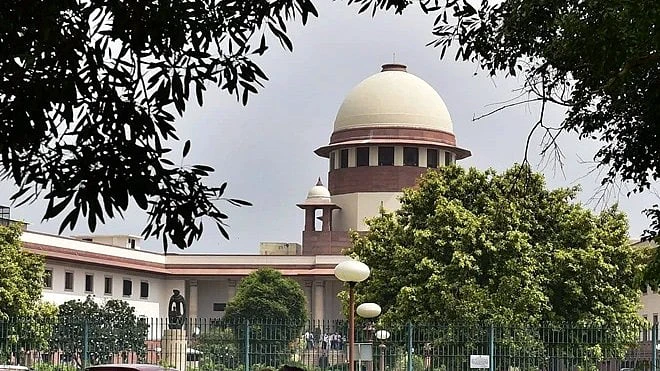New Delhi: The Supreme Court on Monday, September 15, dismissed a plea challenging the Kerala High Court’s ruling that political parties are not required to establish Internal Complaints Committees (ICC) under the Sexual Harassment of Women at Workplace (Prevention, Prohibition and Redressal) Act, 2013 (POSH Act), affirming that party membership does not equate to employment.
The bench, comprising Chief Justice of India BR Gavai and Justices K Vinod Chandran and AS Chandurkar, declined to entertain the special leave petition, observing that joining a political party is not akin to taking up a job, and therefore does not attract provisions under the POSH Act.
Court Questions ‘Workplace’ Definition in Political Context
According to a report by Live Law, senior Advocate Shobha Gupta, appearing for the petitioner, argued that the Kerala High Court had overlooked the expansive definition of ‘aggrieved woman’ under the Act, which includes women “whether employed or not”. Citing Section 2(a)(i) of the Act, she asserted that employment status is not a prerequisite for filing a complaint of sexual harassment.
However, the Chief Justice questioned how political parties could be categorised as workplaces under the POSH framework. “When a person enters a political party, it’s not a job; there is no payment,” he said during the hearing, as quoted by the publication.
The petition was filed by Advocate Yogamaya, who had earlier moved a PIL seeking to bring political parties under the ambit of the POSH Act, but later withdrew it with liberty to challenge the Kerala High Court’s decision.
The Original Case
The original case, heard by a division bench of Chief Justice S Manikumar and Justice Shaji P Chaly in 2022, was filed by the Centre for Constitutional Rights Research and Advocacy (CCRRA). It sought mandatory ICC formation in political parties including the Indian National Congress, Bharatiya Janata Party (BJP) and Communist Party of India (Marxist).
The High Court held that political parties do not meet the statutory definition of “employer” under Section 2(g) of the POSH Act, and hence, cannot be compelled to constitute ICCs. However, the Court did clarify that film production units fall within the scope of the Act and must establish such committees.
